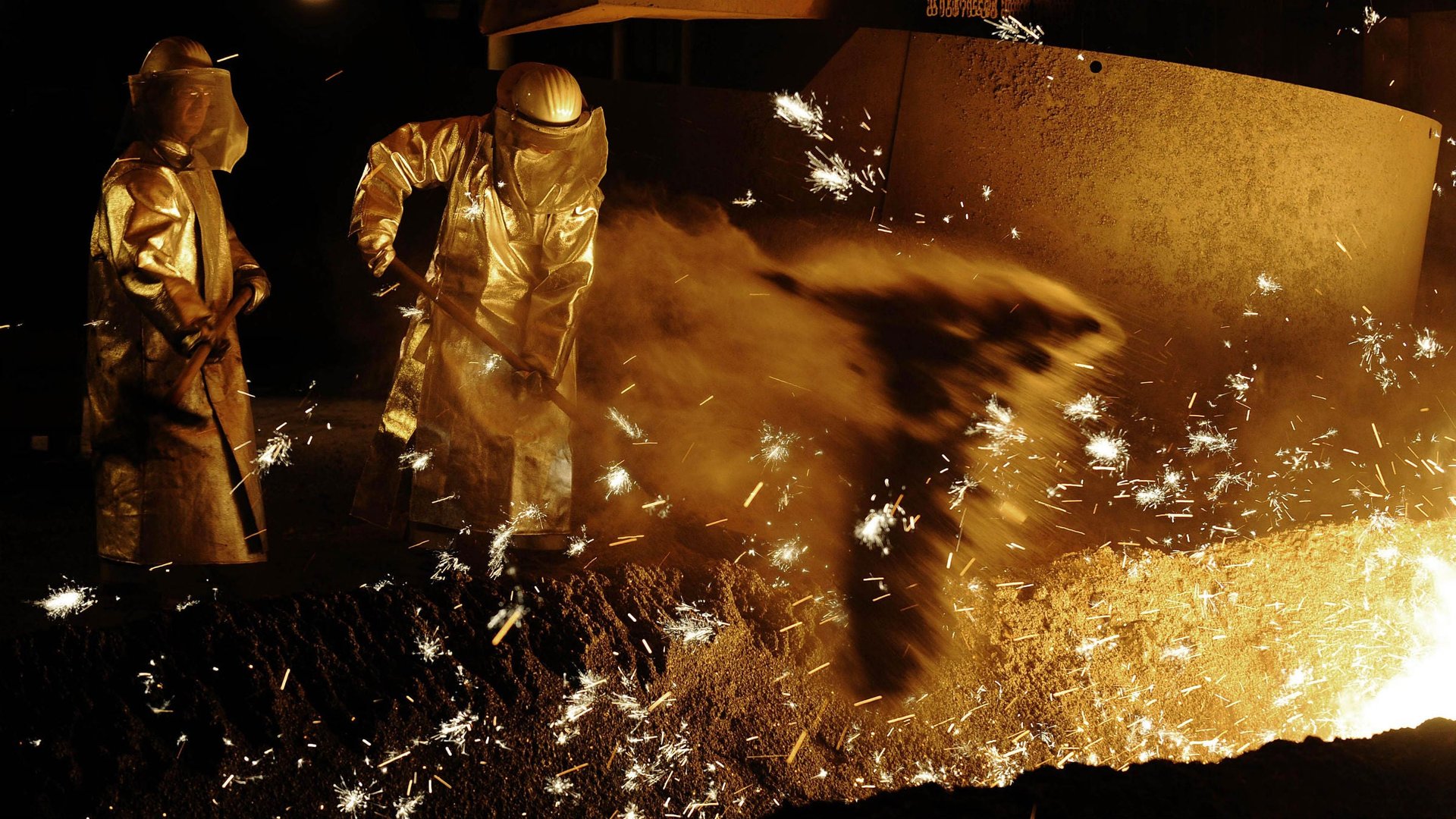Note to global economy: You are producing way too much steel. Knock it off
Government-backed steel companies in countries like Vietnam, Argentina and Peru are adding to a global glut of steel. The Journal reports:


Government-backed steel companies in countries like Vietnam, Argentina and Peru are adding to a global glut of steel. The Journal reports:
Officials in these countries say they want to invest in industrial development, supply homegrown steel to their manufacturers and cut imports. But what may appear to be welcome developments for local economies has reverberations through a global industry … The oversupply issue has reduced steel prices and profits, as seen in the latest round of earnings, and led to renewed calls for consolidation and rationalization among industry officials and investors. ArcelorMittal, which is the world’s largest steelmaker by output but only has 6% of the global market, reported a loss of $709 million in the third quarter. CEO Lakshmi Mittal has said he believes the industry is far too fragmented and that the company would remain focused on consolidation “as long as the right opportunities arise.”
We’ve seen this kind of uneconomic decision-making coming out of China’s aluminum-manufacturing sector lately, as Quartz recently wrote. The pronounced presence of the government in various industries has long been a known problem for developing countries. So it shouldn’t come as a surprise to see problems cropping up anew. Still, as we said then, the glut of industrial production has important ramifications for countries that produce the raw materials that go into such products. Prices drop, projects stop, and jobs disappear.
And the impact of the global industrial slowdown is still very much in the pipeline. In a brief note today on the latest data on Australian mining projects Barclays analysts wrote, “We still expect a large drop in investment starting in 2014 as some mining companies have deferred large potential investments.”